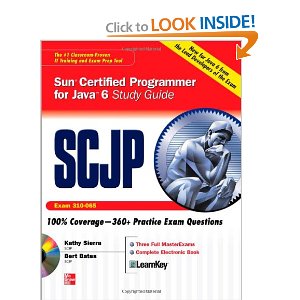I have been a .NET developer now for about the past 5/6 years give or take. I have never done any professional Java development and the last time I really touched it was probably back in college. I have been toying with the Scala language a little bit but nothing serious. Recently, I've been offered an opportunity to do some pretty cool work, but using Java instead of .NET. I think I can get by alright with my current skill set, meaning I already know how to program well and am familiar with languages such as C# and C++, etc. So, the syntax and all that language stuff are really not a problem. What I need is a really good reference book and a book about how to think in Java. Each language/Framework/Stack tries to address things a certain way and I'm sure Java is no different.
What are some great Java books that you simply can't live without? Are there any books that talk about the most important parts of Java that must be understood before all else?
As a side note, I will be doing mostly Java web development. Not really 100% on what types of stuff they are using for persistence, framework, server, etc.

